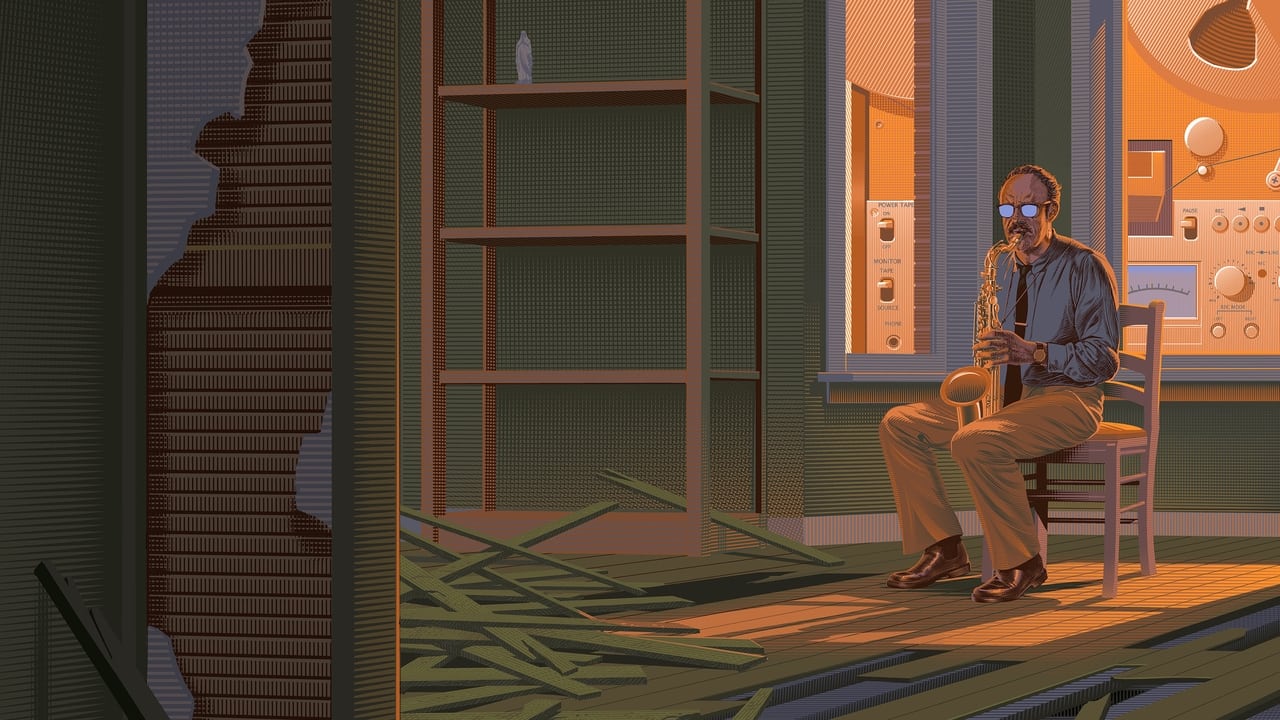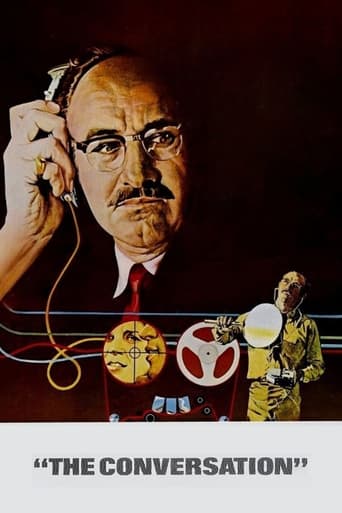Hellen
I like the storyline of this show,it attract me so much
Huievest
Instead, you get a movie that's enjoyable enough, but leaves you feeling like it could have been much, much more.
mraculeated
The biggest problem with this movie is it’s a little better than you think it might be, which somehow makes it worse. As in, it takes itself a bit too seriously, which makes most of the movie feel kind of dull.
Cody
One of the best movies of the year! Incredible from the beginning to the end.
morrison-dylan-fan
Looking at various lists on IMDb,I found a great list by Red-Barracuda,which had a rather overlooked Francis Ford Coppola title near the top. Catching up on eps of Screen Junkies News the next day,I was taken aback when one of the hosts picked the same film as the best underrated movie by a famous director,which led to me joining the listening party.View on the film: Attempting to get the film made since the early 60's,writer/directing auteur Francis Ford Coppola proves that it was worth him spending all that time fighting for this title with immaculate stylisation. Changing cinematographers in mid-production, Coppola impressively keeps the visual motifs consistent, with Caul's spy centre given a dour brown appearance where extended takes hold on Caul's worker drone mindset the surroundings build,whilst Caul's mysterious baker is given a chic, Wall Street elite tower. Playing David Shire unsettling electronic score when filming and having Walter Murch cast the sound montages, Coppola manipulates the soundtrack with masterful procession,as Caul's obsession to unscramble the audio reels the viewer into piecing together their own interpretation of the recordings.Keeping in the dark the reason the recording has been made for the first half, the screenplay by Coppola brilliantly records Caul as a meek Winston Smith,who never questions the people who are paying him,and treats the taping he makes as a mundane part to his lonely life. Uncoiling Caul's obsession, Coppola plays a sly line in misdirection which cleverly mis-matches what is seen and what is heard,and leads into an ending that turns Caul into one of the plumbers of paranoia in the era. Peeling away all the movie star charm,Gene Hackman gives an outstanding performance as Caul,who Hackman squeezes into every corner of doubt and anxiety, by listening to all the conversations.
Tyson Hunsaker
Francis Ford Coppola's masterpiece "The Conversation" is a mood and plot driven story centered on Gene Hackman's character who believes there's more at steak than how it seems while recording a couple's conversation. Not only is it impressive considering the care and consideration directed towards "The Conversation," but it's miraculous how Coppola crafted such an air shut tight script while still working on the famous Godfather films. One of the biggest strengths for "The Conversation" is its brilliant dialogue and story structure. The film treats its audience like intelligent viewers by spreading the mystery and intrigue throughout the picture. Each scene providing new information and additional character depth that help create this compelling feeling to watch and see how it turns out. The movie is wonderfully paced and edited together and while the rhythm of the cuts help the story with speed, the film wouldn't be as effective without the remarkable sound design and mixing. Gene Hackman gives an incredible performance as an introverted and paranoid surveillance technician with his own internal demons. Little does the audience know his internal struggles are a core, underlying theme of the film during the first viewing. His character has so much depth and mystery it's easy to forgive the film for the lack of depth on other characters. While it may seem like a negative, it does help the focus on Hackman's character so we're always trying to guess what he's thinking.This film deserves more than one viewing. The audience will pick up on additional plot points that build the story's cohesiveness and realize visual symbolism and motifs regarding major themes of the film like order and chaos, loneliness, love, paranoia, and privacy. All common themes associated with the human experience. This is a Coppola film that shouldn't be lost through the cracks between "The Godfather." It's very well made and riveting from start to finish.
ypandalove
This film started to depict usual park. It was so funny day. There were some couples, parents and children and performers. But one couple was tapped by some men. I thought this couple was just main character in this film, because they looked victim indeed and this seemed to center around this couple. So I had no idea about Harry Caul who was the real main character and the incident waiting for him at first. I think this film has multiple theme. One of the theme is the fear of surveillance. We go several places and live in everyday life. There are some surveillance camera everywhere of town. Then, does one might say that our privacy is protected? The answer is no. Our privacy is infringed unconsciously. This film might want to say about that.
hirotohirotogackt
This movie tense me from the beginning to the end because fear of this film that the accident is possible in our lives. The bugs are the key points in this film and if we try to obtain them, we can get it. So we can be a person like main character, Harry Caul, who set the bugs and we can be a target. I think that this movie is actually familiar with everyone so I became a little scare. I also think it is attractive that supervisor casually include elements of Hitchcock and then social problem. The former is that take in San Francisco's picture regarding Hitchcock's work and the peeping scene from the gap like Vertigo. The latter is the problem that Nixon bugged. I think that it is ironical. By the way, I like this film.

